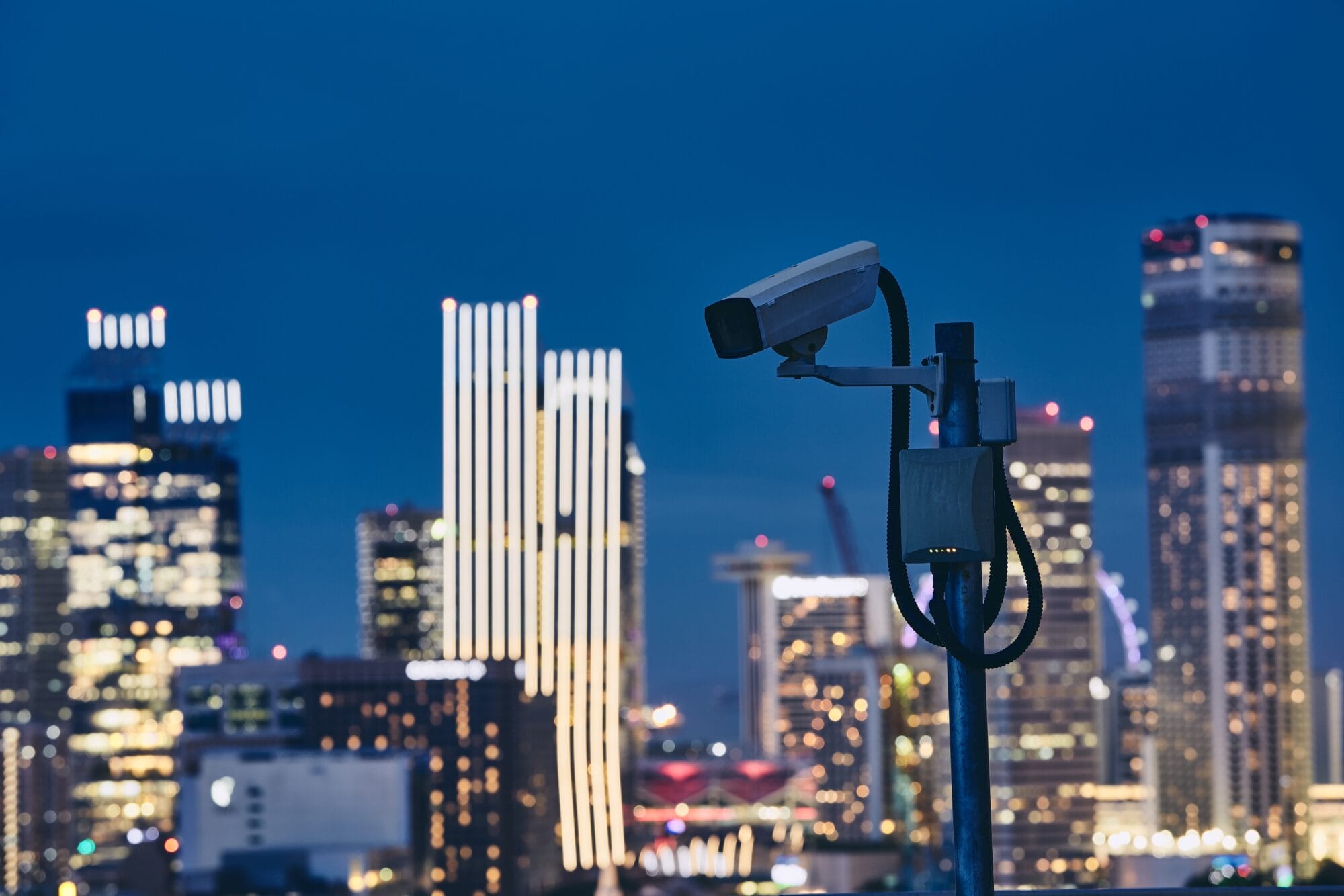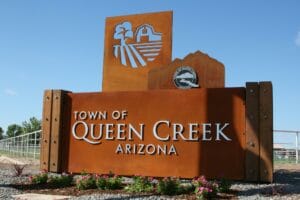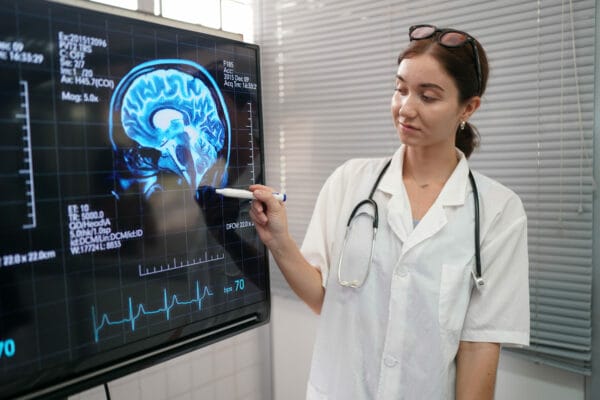By Paige Gross | AZ Mirror
After nearly a week of searching for a suspect in the hit-and-run death of an 81-year-old St. Helena, California woman this summer, police found and arrested a man with the help of license plate reading cameras that registered him near the scene.
The police department used information from FLOCK’s automatic license plate reading camera system, which monitors and records license plate data in a cloud-based database. The company makes cameras, drones, audio detection and software tools used by cities, law enforcement and school systems with the goal of crime detection and faster solve times.
Using a license plate number to find a suspect isn’t new to crime solving, but finding that license plate in an autonomously-captured and organized data log, rather than by humans looking through security footage or searching in-person, is more novel.
It’s part of a growing system of “Internet of Things” (IoT) technologies — networks of physical objects that are connected to the internet and can exchange data with other devices or software. These IoT devices are often called “smart cities” devices, because they’re used by states and cities that are aiming to improve services, including making their roads safer and more efficient for drivers and pedestrians.








